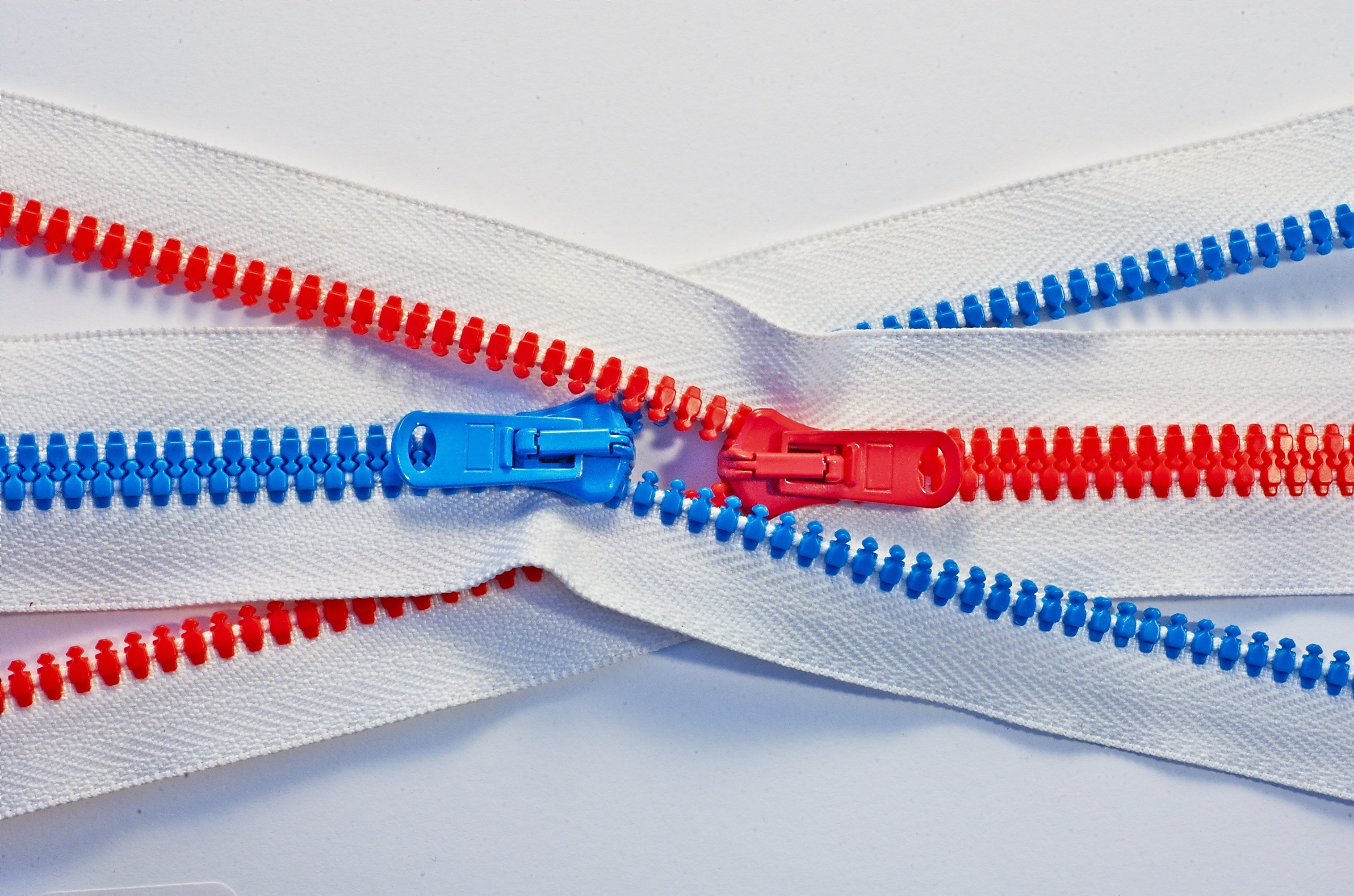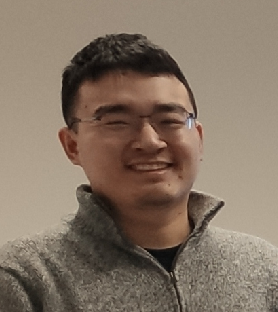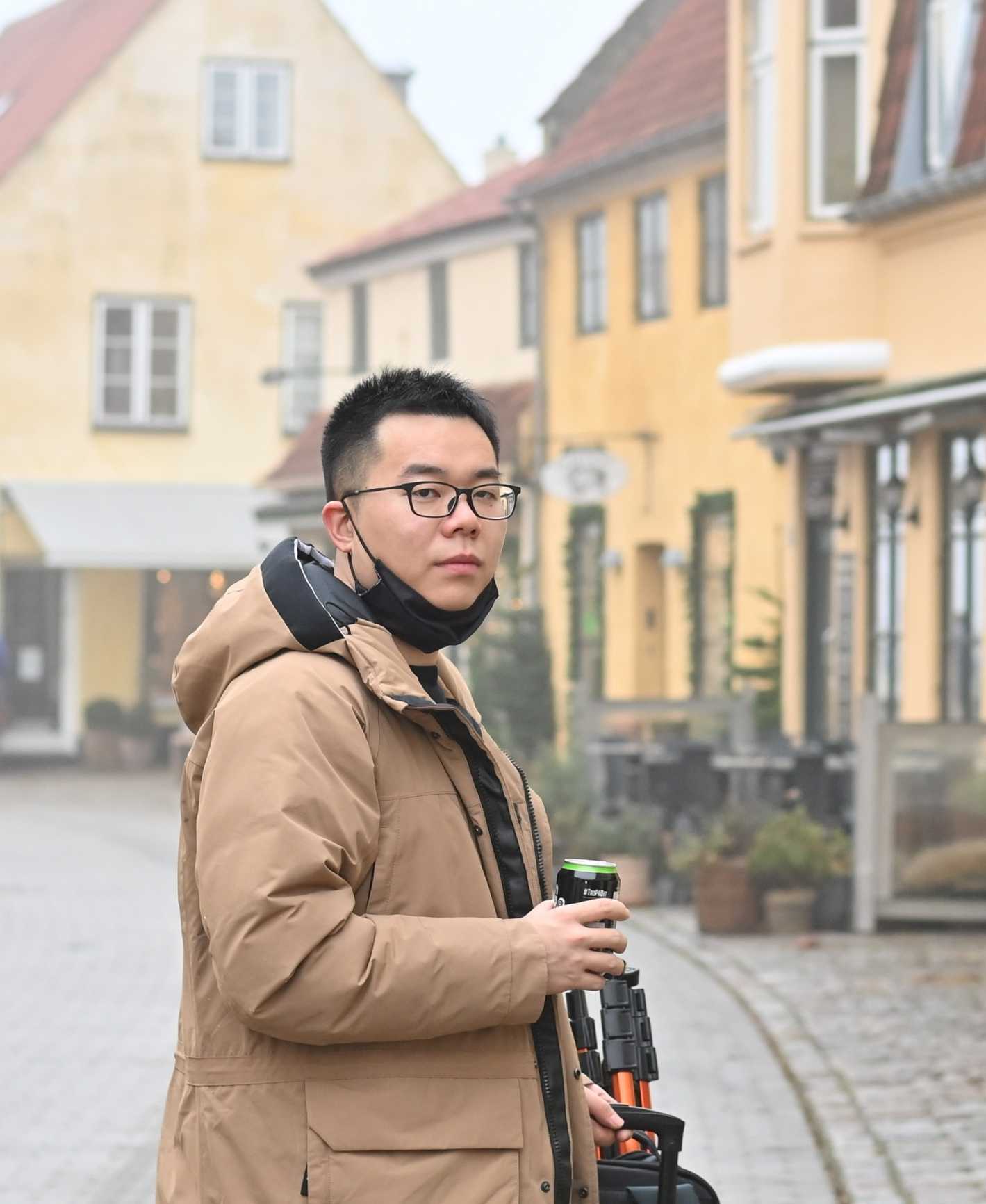Latest news
Professorships, PhDs and stages applications are now open!
Two assistant professor positions (on traditional compression and animation with AI) will open soon!
PhD positions are now available spanning multimodality and efficiency! Reach out for more info
Looking for stagiaires! Email for more info!
Mission
In a world where deep learning is becoming more and more state-of-the-art, where the race to the computational capabilities determines the new technologies, it is crucial to open the black box deep learning is. Many good-willing researchers are already moving important steps in such direction, despite a wide multitiude and hetereogeneity of scientific backgrounds. This is good, this is progress!We target it in the long term developing techniques which simplify these models. Some are easier to prune than others: why? How is the information being processed inside a deep model, from a macroscopic perspective? These are few of the questions to be answered to move in the right direction!
Green AI
Remotion of unnecessary neurons and/or synapses towards reduction of power consumption.
Model debiasing
Understand biases in data and cure the trained model.
Privacy in AI
Guaranteeing privacy in AI will be an important theme in the next years.
Understand the information flow
Modeling how the information is processed in deep models is our final goal.















